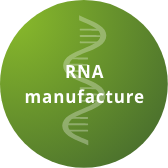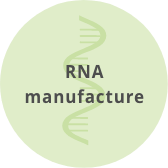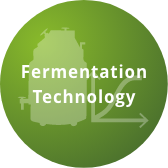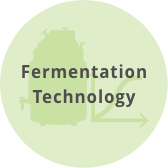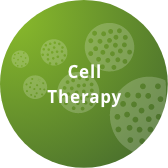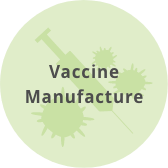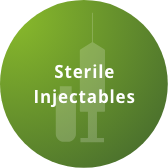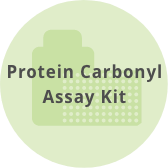Cell Therapy
Biocell has one of the few GMP-approved cell culture suites operational in New Zealand

Cell Culture
Our ISO-certified cell culture suite was purpose-built for medium- to large-scale cell culture production, and its independent HVAC system allows for complete segregation of cell culture production from the other activities on-site. Our unique suite design also offers a lot of flexibility to work on small-scale or pilot-scale cell culture based projects for our clients.
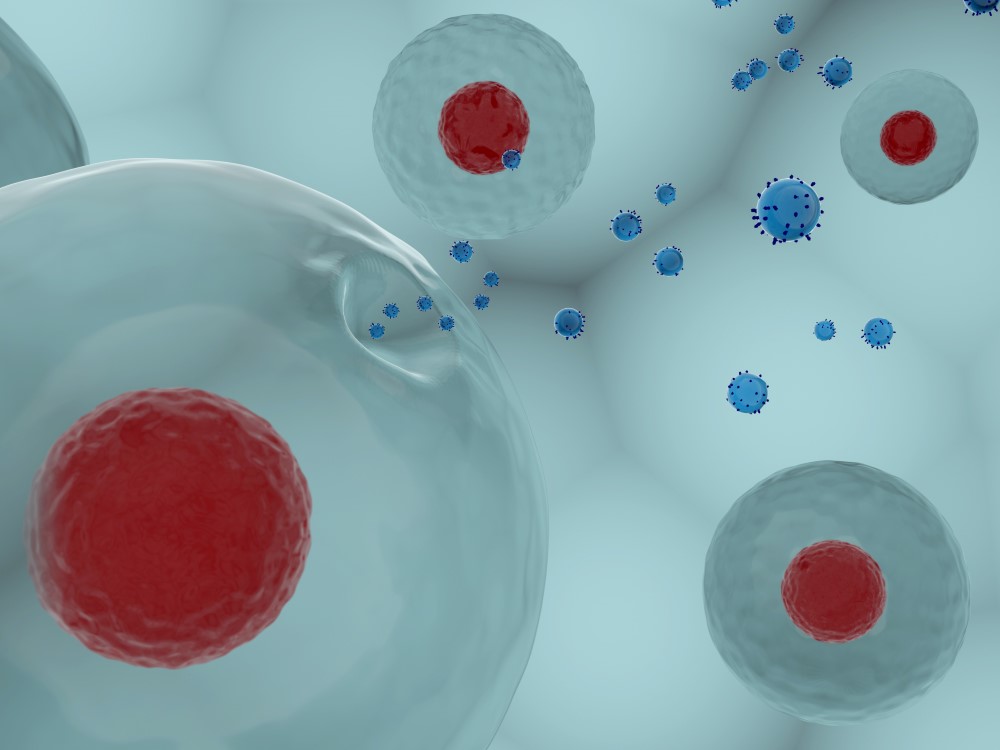
Stem Cells & Exosomes
In our purpose-built cell culture suite, we use proprietary technologies to extract exosomes and culture various cell lines, including stem cells, for several types of cell therapies.
Cell therapy is a promising technology in the field of regenerative medicine. Cell therapies aim to return normal cellular function by repairing or replacing diseased cells. This technology offers many exciting possibilities to treat, and potentially cure, several human diseases.
Stem cells have the unique ability to differentiate into all specialised cell types, including those required for cellular repair, making them highly promising for tissue regeneration and repair therapies. Human stem cells include embryonic stem cells (ESCs), induced pluripotent stem cells (iPSCs), and adult multipotent stem cells. Adult stem cells can be extracted from several tissue types for use in stem cell therapies. For example, mesenchymal stem cells (MSCs) can be extracted from bone marrow, adipose tissue and cord blood, and have been beneficial in the treatment of cardiovascular disease due to their ability to differentiate into cardiovascular cells, immunomodulatory ability, neovascularisation properties, and antifibrotic activity.
Exosomes are extracellular vesicles released from cells, and transport essential molecules, such as mRNA, signalling molecules and proteins. This facilitates intracellular cross-talk between cells, which is important for cellular communication and rejuvenation. Exosomes have been shown to positively affect tissue regeneration, and are promising for cell therapy due to their function, small size, stability, and inability to form tumours. Additionally, exosomes can be easily separated from stem cells in culture.

